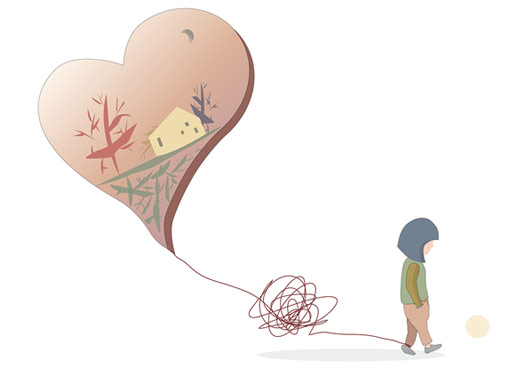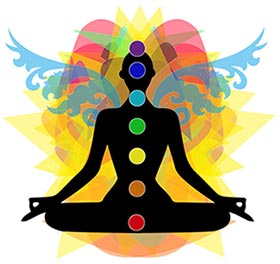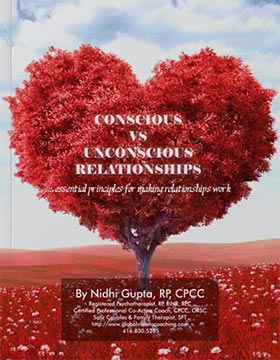We all experience traumatic or frightening situations at some point in our life, however these distressing thoughts or anxious feelings usually dissipate over time. If, however, you continue to feel nervous or ‘on edge’ all the time, or have trouble concentrating, have feelings of irritability or difficulty sleeping, then you are suffering the long terms effects of trauma, known as Posttraumatic stress disorder, PTSD.
Posttraumatic stress disorder (PTSD) is a severe anxiety disorder. PTSD can develop after exposure to an event that results in trauma either physically and/or mentally. You may experience flashbacks, hallucinations or nightmares due to the trauma that you suffered. You may also have trouble falling asleep or staying asleep. Outbursts of unpredictable and acute episodes of anger are also another symptom of PTSD. These symptoms have a severe impact on your day to day functioning and can have long term consequences if not dealt with.

Many people feel a lot of guilt or shame around PTSD because they are often told that they ‘should just get over it’. Others may feel embarrassed or feel shame talking about it. Some people may even feel like it’s somehow their own fault.
Trauma is hurtful. If you experience problems in your life related to trauma, it’s important to take your feelings seriously. It is important to learn how to rebuild trust and relationships after such an event.
Trauma is not always a single event in the past. Some trauma, particularly repeated acts like sexual or physical abuse, or trauma during wartime, can impact a person’s life far beyond the symptoms of PTSD. Some use other terms like ‘complex PTSD’ to describe these experiences.
Because people will often experience a change in their thoughts and mood related to the traumatic event, they may turn to unhealthy coping behaviours, such as sexual favours or alcohol or drugs as a way to cope with PTSD.
If you, or a loved one’s PTSD is affecting other family members, it is very helpful to seek therapy. With the right support, you can recover from PTSD and the effects of trauma. Recovery is good for the entire family, especially for younger people who are still learning how to interact with the world. A loved one’s recovery is a chance for everyone to learn the skills that support wellness.
I will be there to nurture and support growth in all areas while we work through your trauma and/or PTSD symptoms. Together we can create a safe environment and relationship so that you can feel confident in sharing. We will work together on moving past your trauma, and get you looking towards the future with hope instead of fear.




